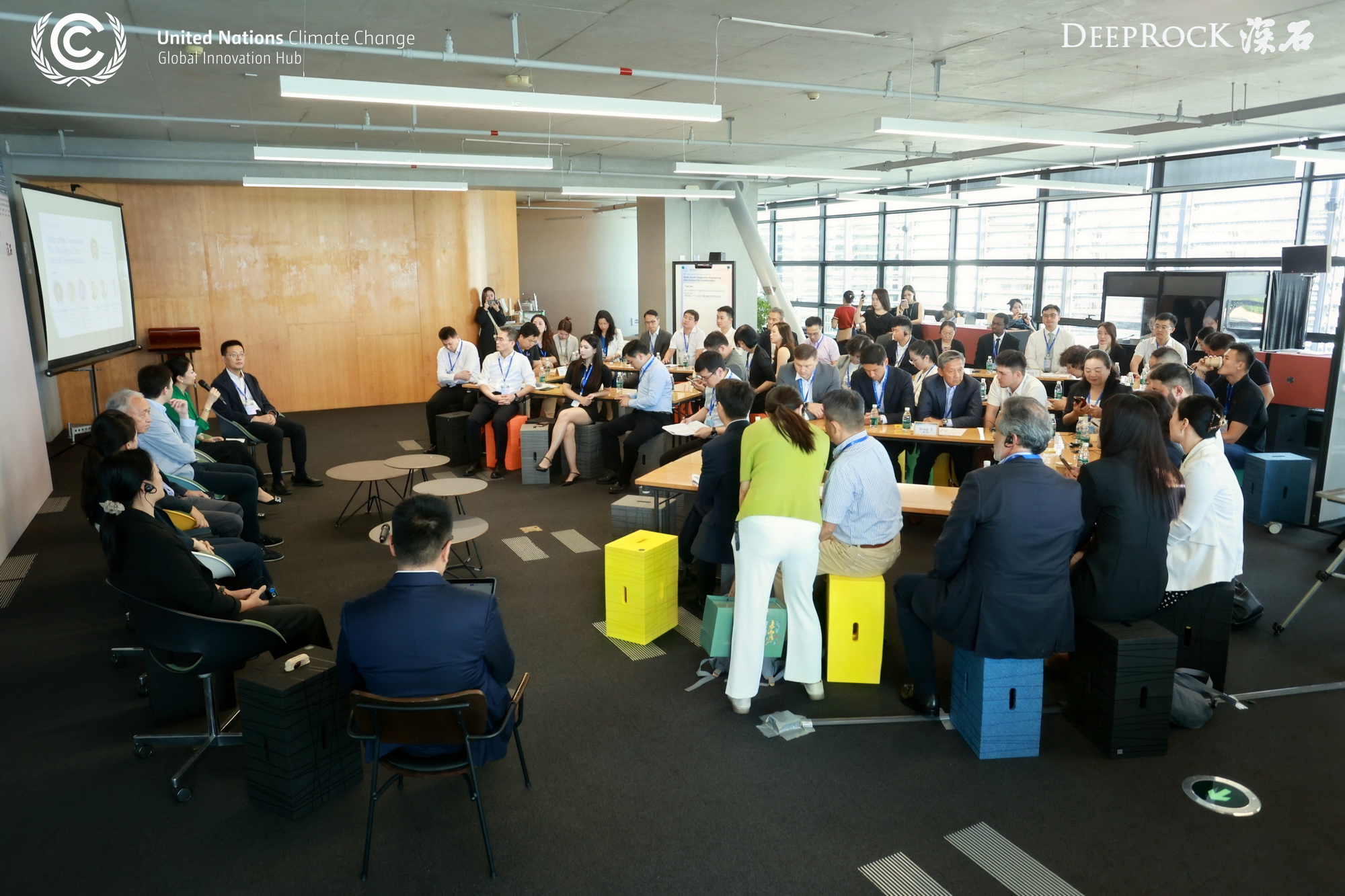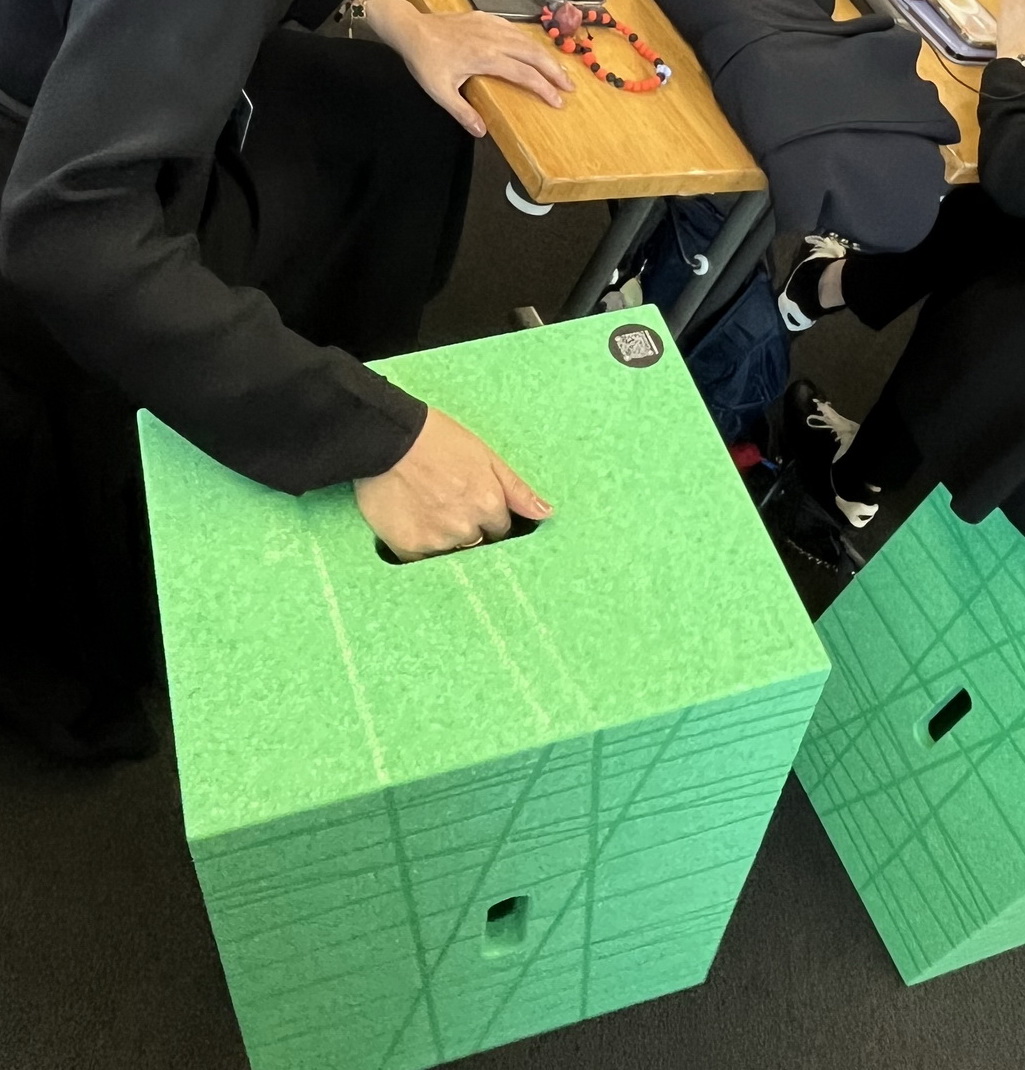On October 16, 2025, the 16th Systemic Innovation Workshop of the UN Global Innovation Centre for Climate Change was successfully held at the Biosphere 3 Carbon Neutrality Experimental Park in Shenzhen. The conference was hosted by the UN Global Innovation Centre for Climate Change and staunchly supported by Deep Rock Group. MATSU was invited to design and layout the entire venue space.
As a key precursor event to COP30, the workshop themed "South-South Cooperation – Accelerating the Transition to Zero-Carbon Cities" saw attendance by numerous distinguished guests. These included Nitin Arora, Head of the UN Global Innovation Centre for Climate Change; renowned entrepreneur Mr. Wang Shi, Founder of Deep Rock Group; Professor Guan Dabo, Tsinghua University and UCL Chair Professor and Vice Dean of the Tsinghua Institute for Carbon Neutrality; Marcelo de Andrade, Judge for the Nobel Sustainability Award and Founder of Brazil's Pro-Natura International; and Arvea Marieni, EU Climate Pact Ambassador and Senior Advisor to the World Green Design Organisation. Their presence set a tone of expert depth and international breadth for the discussions.

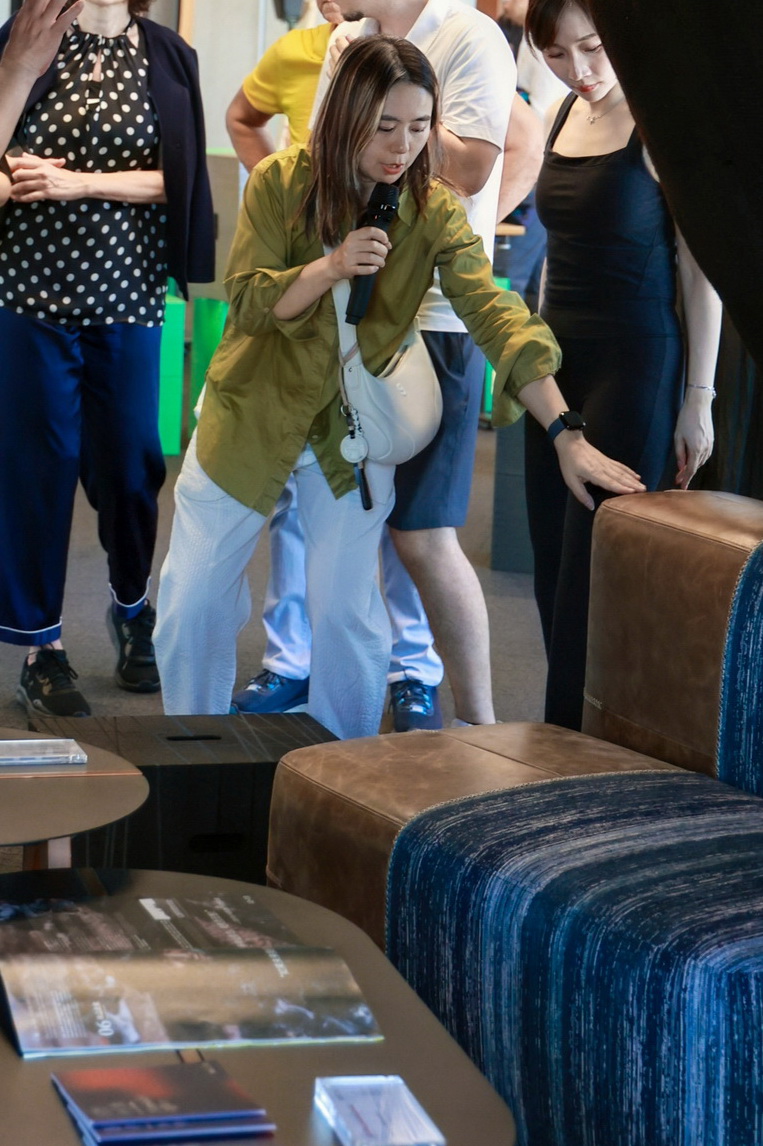
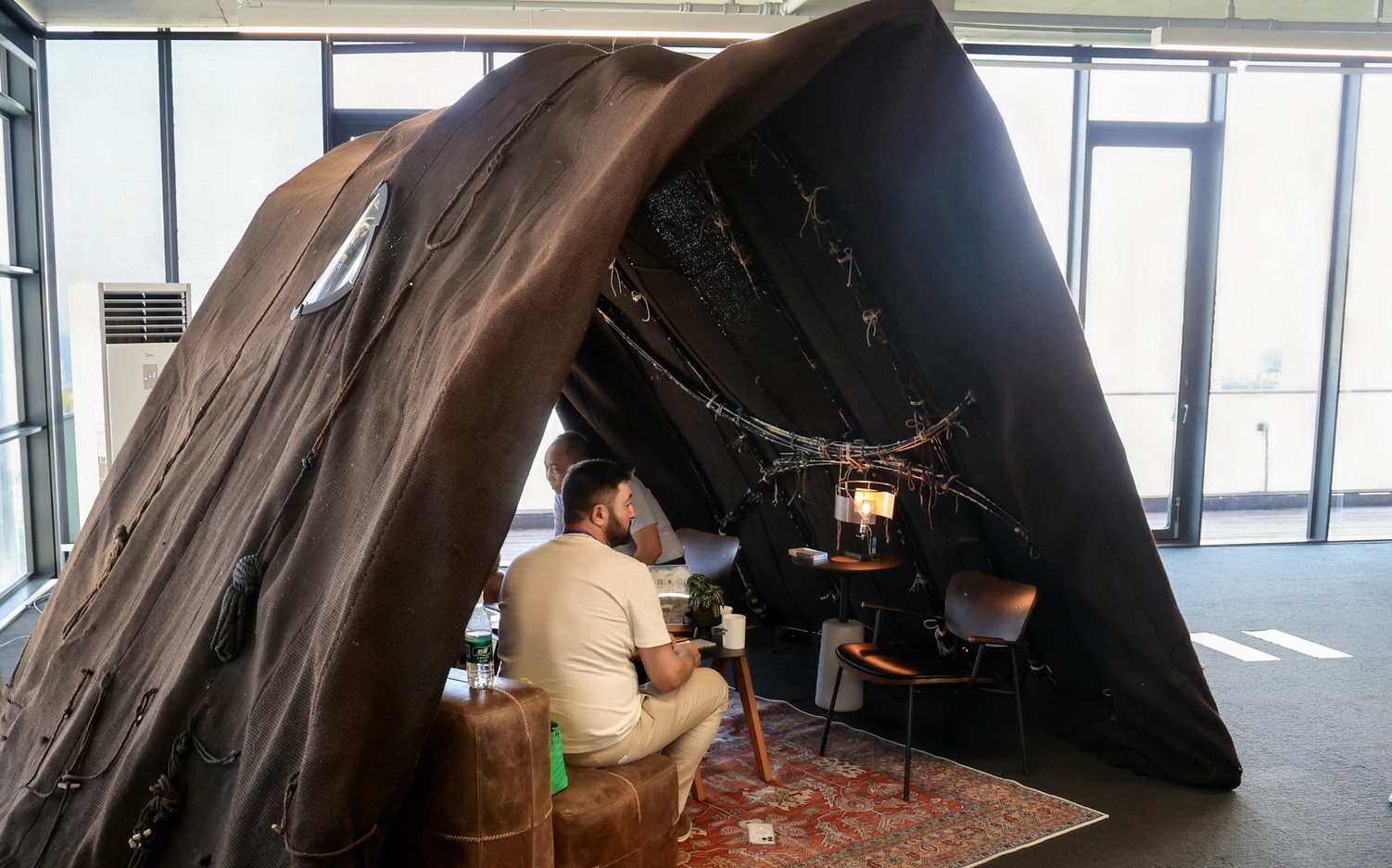 As the designer behind the venue space, MATSU deeply integrated its sustainability philosophy into the conference environment. The three main discussion areas were furnished with the sustainable furniture system, XBRICK.
As the designer behind the venue space, MATSU deeply integrated its sustainability philosophy into the conference environment. The three main discussion areas were furnished with the sustainable furniture system, XBRICK.
Xbrick modules are made from 100% recyclable EPP, with the Ocean Blue version incorporating 15% recycled ocean-bound plastic. This approach not only reduces reliance on virgin plastic but also contributes to mitigating marine plastic pollution.
Durability and multifunctionality are other core tenets of sustainable furniture. Having been tested in the market for seven years since its development leading up to 2025, Xbrick's robust functionality and innovative design aim to counteract short-lived products. By serving multiple purposes and reducing raw material consumption, it is poised to become a classic design for our era.
Furthermore, MATSU specially created a "Black Tent" rest area for the venue. The interior was furnished with MATSU's Ecological Nomad collection, crafted from yak leather and wool, providing attendees with a comfortable交流空间 imbued with a sense of the outdoors. This initiative aims to generate income for herders through the procurement of hides, enabling them to continue safeguarding the Tibetan Plateau through ecological grazing practices.
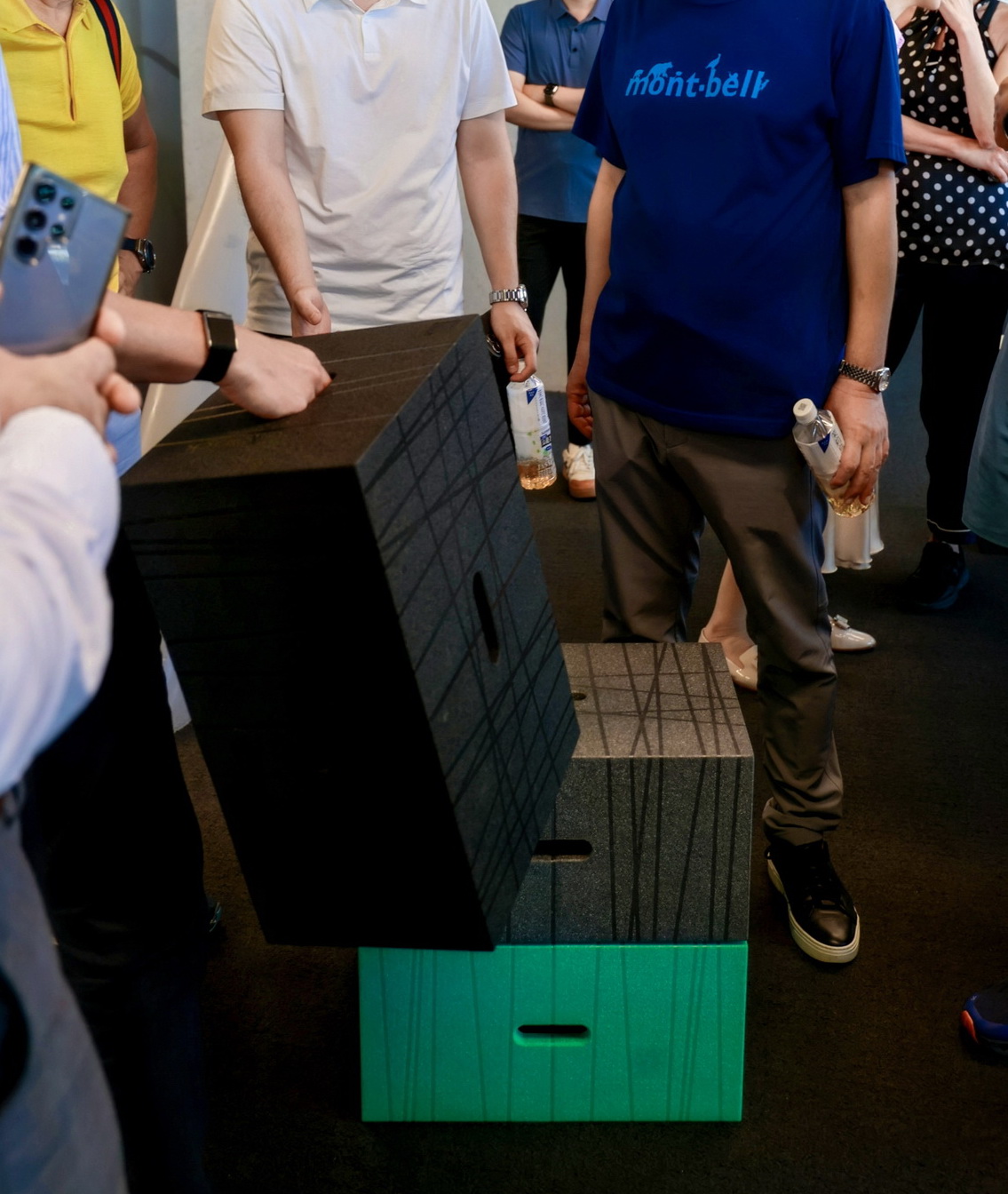
Leveraging the Ecological Nomad collection, MATSU embarked on a profound "Sustainable Business" practice. By sourcing yak leather and wool at fair prices and transforming them into naturally biodegradable furniture products, this initiative not only encourages more herders to return to the grasslands, helping them generate income, but also brings attention and preservation to traditional nomadic culture and craftsmanship. This virtuous business model effectively contributes to the ecological balance of the Tibetan grasslands.
Simultaneously, MATSU actively creates more employment opportunities for local pastoral women. Utilizing their hand-woven yak wool crafts and materials for the Black Tent, MATSU incorporates these elements through design into furniture products. This enhances the social participation of pastoral women and ensures recognition for their contributions in the cultural domain.
Regarding financial support, MATSU has committed to donating 5% of its profits to the Aba Jianze Education and Research Centre. This donation will serve as a research fund for ecological protection and sustainable business, supporting the exploration of sustainability at its source.
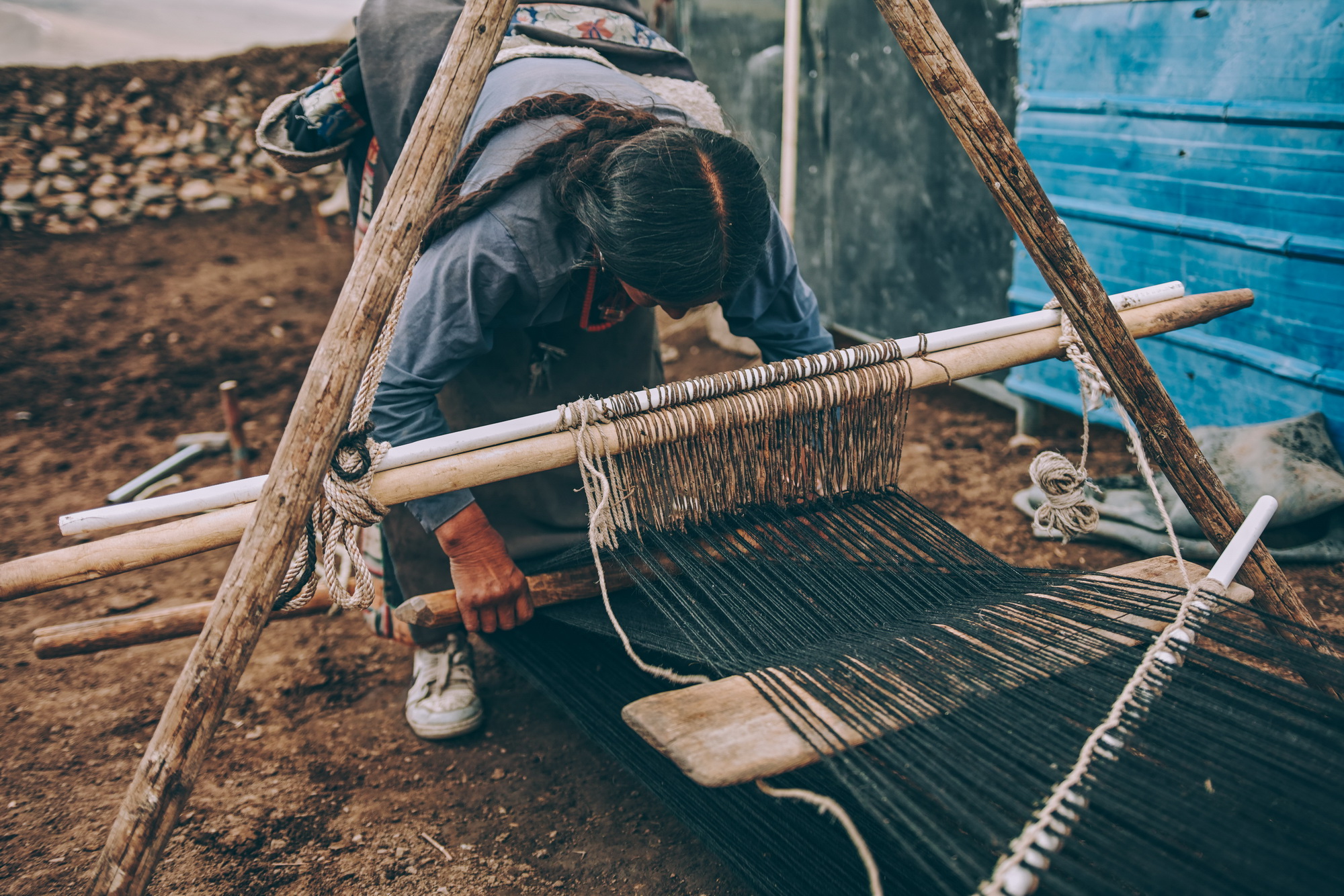
As a key precursor event to COP30 focusing on "South-South Cooperation – Accelerating the Transition to Zero-Carbon Cities," the conference not zeroed in on three key areas: "Energy Transition for a Net-Zero Future," "Sustainable Supply Chains, Circular Economy, and Pathways to Net-Zero Communities," and "Sustainable Agriculture and Food System Transformation." It also provided an efficient platform for exchanges, cooperation, sharing innovative experiences, and implementing solutions.
Moving forward, MATSU will continue to advance sustainable business. By empowering the traditional ecological nomadic lifestyle of herders through design, we aim to make it a driving force for grassland ecological restoration. We also enable consumers to participate in grassland conservation through their purchasing choices. We look forward to collaborating with all parties to contribute our efforts towards achieving sustainable development goals.





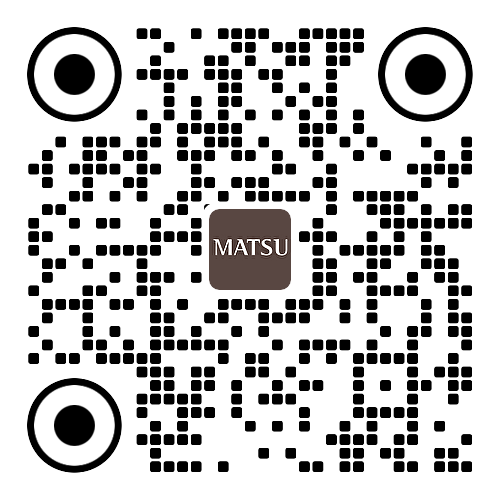

 EN
EN


